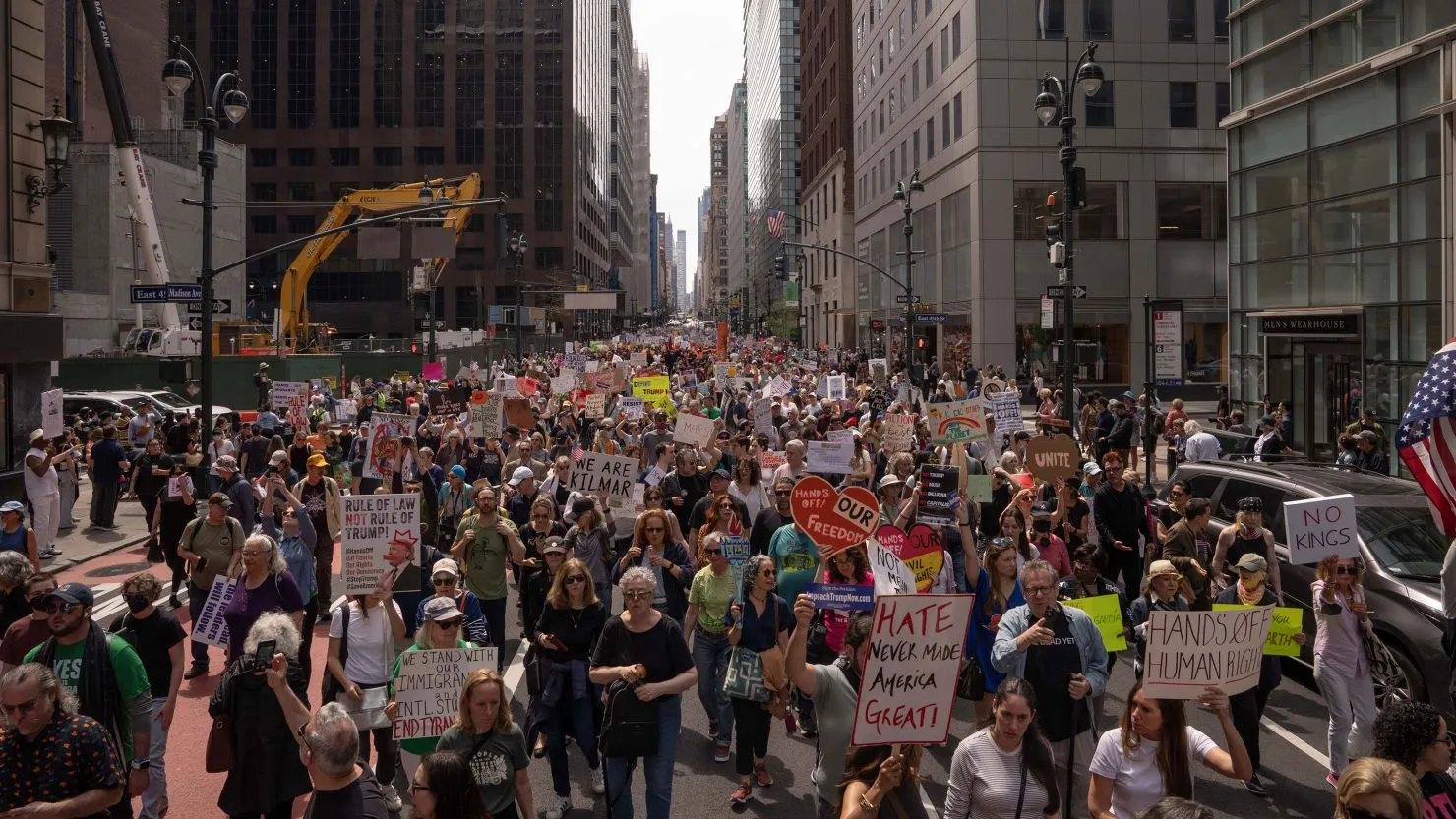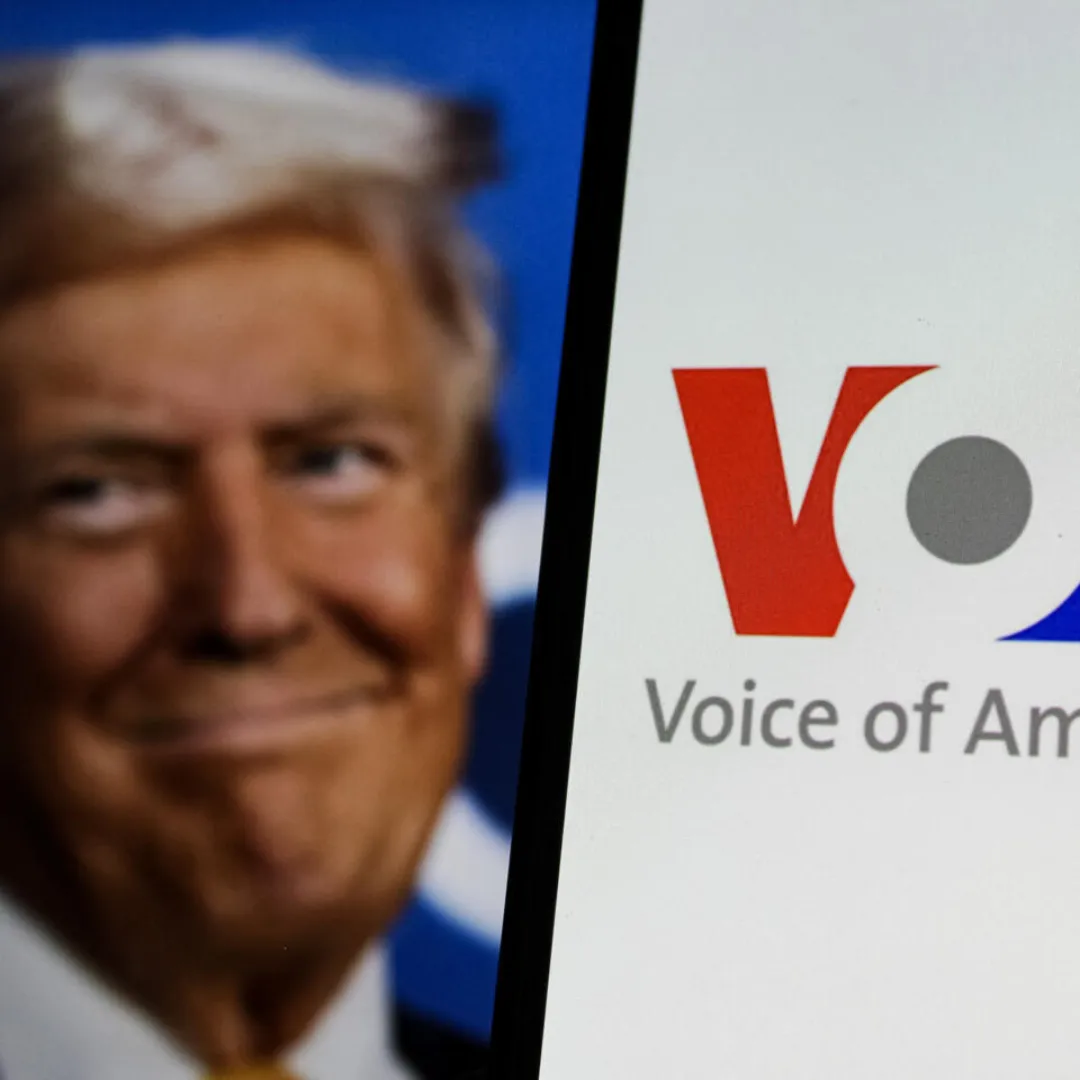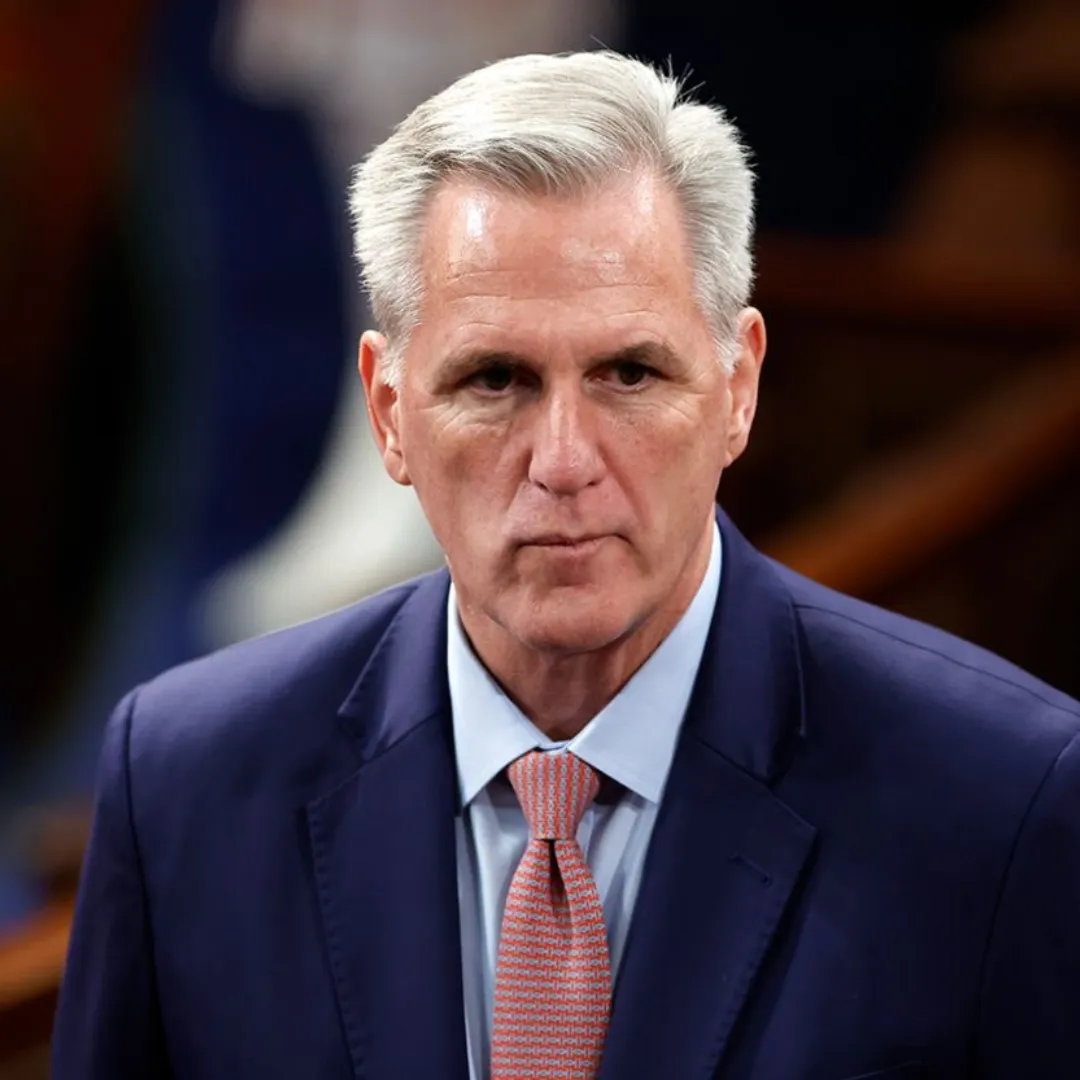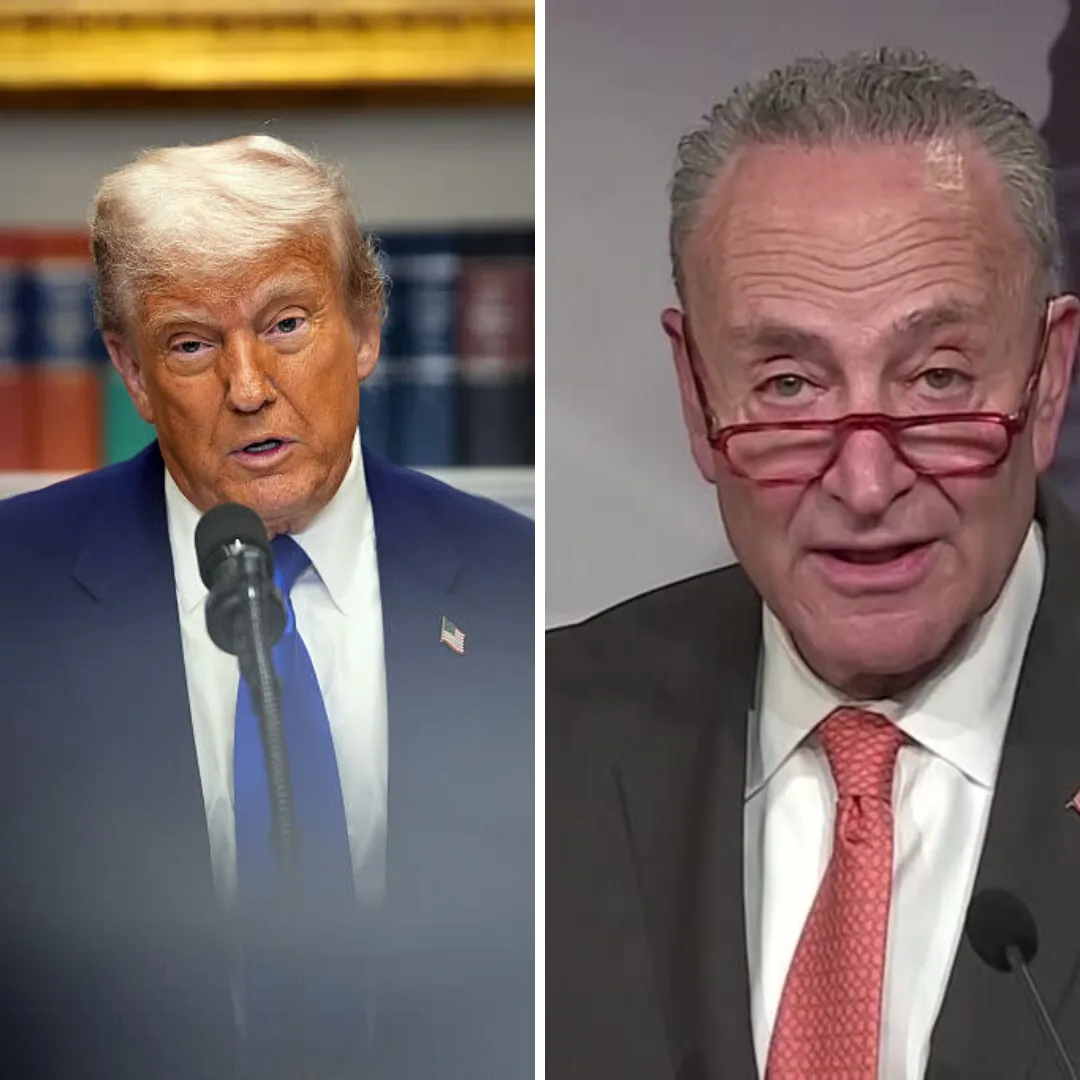
In a blend of satire and political flair, President Donald Trump has inserted himself into the global conversation about the future of the Catholic Church. Following the death of Pope Francis, which has set in motion the centuries-old process of selecting a new pope, Trump stirred headlines once again with a comment that he’d be interested in the job.
“I’d like to be pope,” Trump said with a grin, addressing reporters outside the White House earlier this week. “That would be my number one choice.” Though the remark was clearly made in jest, it was soon followed by online commentary and responses from political figures and media personalities alike.
Among those who responded was Senator Lindsey Graham of South Carolina, a longtime ally of Trump’s. Graham took to social media to echo the tone of Trump’s comments with a post that simultaneously played along and further fueled the spectacle.
“I was excited to hear that President Trump is open to the idea of being the next Pope,” Graham wrote. “This would truly be a dark horse candidate, but I would ask the papal conclave and Catholic faithful to keep an open mind about this possibility!”
Graham then added, “The first Pope-U.S. President combination has many upsides,” concluding the post with a reference to the traditional smoke signal used to announce the election of a new pope: “Watching for white smoke…”
Finally, he punctuated the post with a declaration of “Trump MMXXVIII!” using Roman numerals for the year 2028, suggesting humorously that Trump’s papacy would align with a second presidential term.
While many took Graham’s post in the spirit in which it appeared to be intended, not everyone appreciated the humor. Meghan McCain, a political commentator and daughter of the late Senator John McCain, responded directly to Graham’s comments, telling him to “get a grip.”
The back-and-forth, while humorous to some, takes place against the very real backdrop of a significant moment in global religious life. The Catholic Church is preparing for its next papal conclave after the death of Pope Francis, who passed away at the age of 88 following complications from a stroke.
Francis had battled lung disease in his final weeks, and his health struggles were a growing concern among Church leadership before his passing.
As tradition dictates, the Church will now begin the solemn and secretive process of selecting its next spiritual leader. The process begins with informal meetings between cardinals from around the world.
These early gatherings serve as a chance for them to discuss priorities, understand each other’s perspectives, and form a better sense of who might be the right person to lead the global Church into the future. It was during one of these informal sessions that the date for the formal conclave was set.
The conclave, the assembly responsible for electing the next pope, will officially begin on May 7. Only cardinals under the age of 80 are eligible to vote, and while 135 cardinals currently qualify, the Vatican has not confirmed exactly how many will attend and participate.
Once the conclave begins, cardinals will be secluded inside the Sistine Chapel until a consensus is reached. The world will know a new pope has been chosen when white smoke rises from the chapel’s chimney — a tradition that dates back centuries.
Though Trump’s comments were not serious in intent, they arrived at a time when global focus is fixed on Rome. The president, along with many other world leaders, traveled to the Vatican over the weekend to attend the funeral for Pope Francis, paying respects to a man who had long been a spiritual guide to millions and a voice for social justice on the international stage.
Despite their shared global prominence, Pope Francis and Donald Trump often clashed on policy and values. Francis had been openly critical of the Trump administration’s immigration policies during his first term, especially the practice of separating families at the southern border.
Trump, in turn, questioned the pope’s understanding of U.S. sovereignty and national security.

Their differences were also theological in nature, with Pope Francis often focusing on compassion for the poor, climate change action, and refugee assistance — issues on which Trump has expressed more conservative or skeptical views.
Yet even in death, Pope Francis continues to influence global conversations and political reactions, evidenced by the sheer scale of attendance at his funeral and the ongoing media coverage surrounding the Church’s next move.
Cardinal Timothy Dolan of New York, whom Trump referenced in his comments as “very good,” is among the most well-known American Catholic leaders. However, Dolan is not considered a leading contender for the papacy.
The Church has never selected a pope from the United States, and many observers believe that will remain the case due to both historical precedence and a desire to avoid selecting a leader from a global superpower with complex political entanglements.
Trump’s quip about wanting to become pope drew widespread attention not only because of his prominence but because it touched on themes of power, tradition, and the unusual juxtaposition of politics and religion.
His comment struck some as a playful jab at the ornate and ancient process of papal succession, while others saw it as a moment of irreverence at a time of solemn transition for the Catholic Church.
The idea of a sitting or former U.S. president becoming pope is, of course, implausible. The pope must be a baptized male Catholic and ideally a member of the College of Cardinals, though technically any Catholic man could be elected.
Trump, a Presbyterian by faith, does not meet the requirements. Still, the moment gave his supporters and critics another opportunity to spar — with humor and criticism mingling in equal measure online and in political circles.

As the conclave draws near, speculation continues to swirl about who will rise to the top of the list. The current field of cardinals includes several influential figures from Europe, Latin America, Africa, and Asia.
With Pope Francis having named a large number of the current cardinals during his tenure, many expect his successor to reflect similar values of global outreach, humility, and inclusivity. Others within the Church hope for a shift back toward more traditional views and structures.
Meanwhile, American political life moves forward, with Trump continuing to navigate the early stages of his second term. His presidency has already included sweeping changes to immigration policy, economic reform initiatives, and high-profile foreign policy decisions.
Though his remarks about the papacy may not have been serious, they served to illustrate once again his knack for generating headlines, whether through policy or provocation.
Back in Michigan just days before his papal remarks, Trump had delivered his first major rally since taking office again, highlighting his agenda and stirring supporters with his trademark style.
That event included attacks on political opponents, the judiciary, and the Federal Reserve, as well as calls for sweeping tax reform and government spending cuts. Against that backdrop, his comments about wanting to become pope seemed almost like a continuation of the spectacle — one more moment of theater in a presidency already full of them.
The Catholic Church, on the other hand, will continue its tradition-bound process in a far different tone. The coming days will be filled with prayer, reflection, and deliberation, as cardinals from every continent seek to choose a spiritual leader to guide over a billion Catholics worldwide.
While outside observers speculate and joke, the seriousness of the task at hand is not lost on those within the Vatican’s ancient walls.

With May 7 approaching, the world’s attention will return to Rome, not for pageantry or politics, but for the announcement of the next successor to Saint Peter. Whether or not that successor aligns more closely with the values of Pope Francis or those of his critics remains to be seen.
One thing is certain: Donald Trump will not be the next pope. But his ability to insert himself into any major story — even one as sacred as this — remains undiminished.




